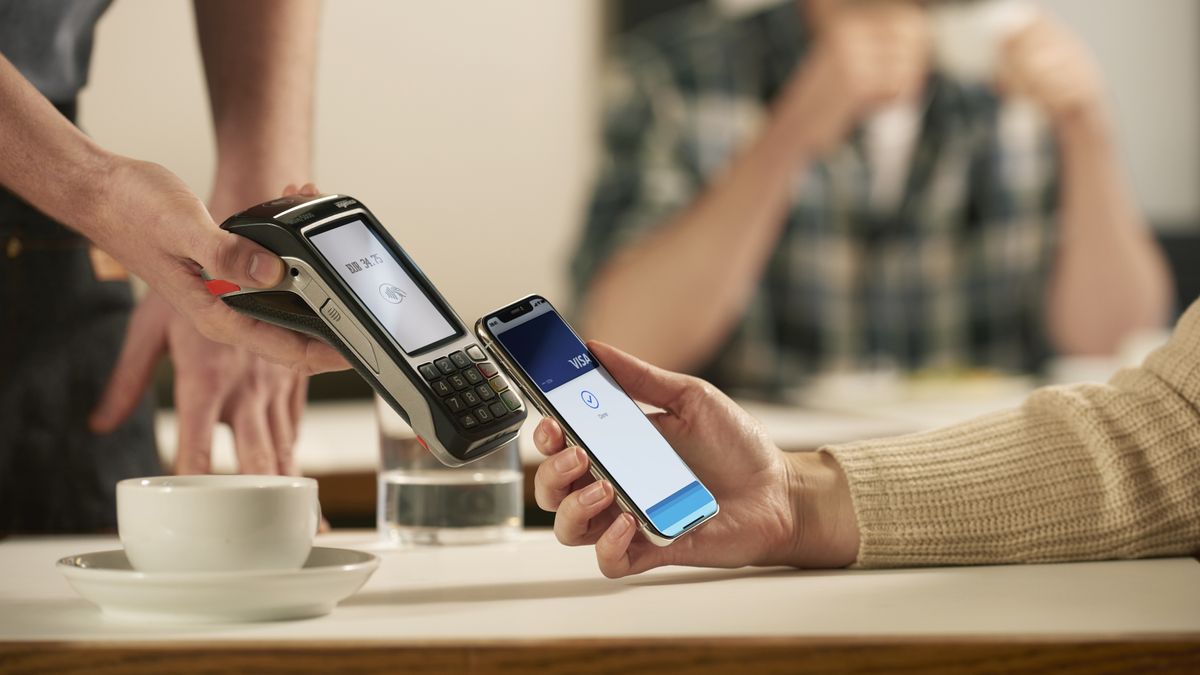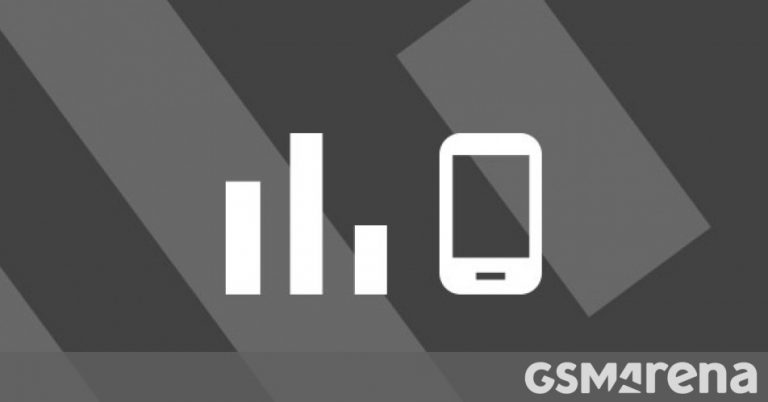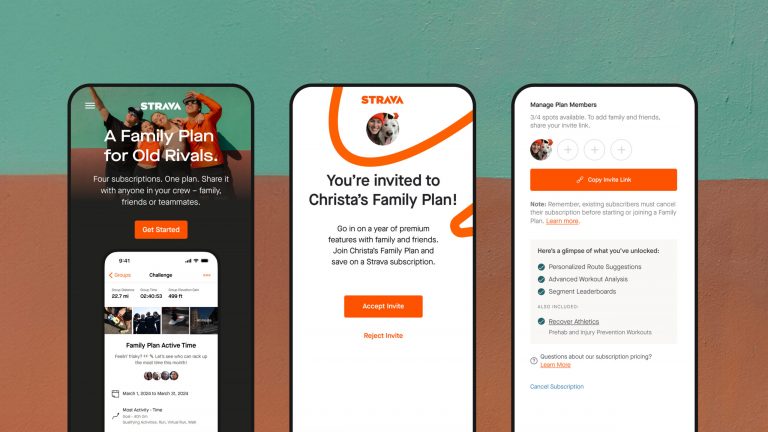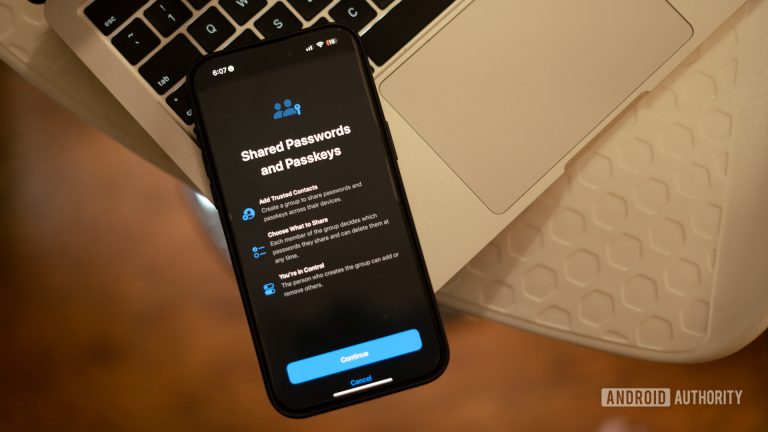Over the last few years, Apple has come under increasing regulatory pressure to open up its walled garden to competitors and third-party developers. The latest casualty is the near-field communications (NFC) tech that powers features like Apple Pay, with Apple pledging to the European Commission (EC) that it will permit third-party developers to use this technology.
In a new press release, EC regulators have announced that Apple has agreed to a range of changes lasting for the next ten years across the European Union (EU) bloc. The changes are legally binding on Apple, too.
Not only has Apple agreed to let third-party developers access its NFC system on iOS free of charge, but it will also let you change your default wallet and payments app away from Apple Pay to something else.
These apps will be able to use features like Field Detect (which opens the default payment app when your phone is placed near an NFC reader), double-clicking the side button to open a payment app, and authentication tools like Face ID and Touch ID. Beyond that, an independent review body will be established to make sure Apple is sticking to the agreement throughout the EU.
By agreeing to the changes, Apple has managed to avoid a hefty fine from EU regulators, which could have totaled up to 10% of Apple’s annual turnover. Given that Apple made roughly $400 billion in 2023, that would have landed the company with about $40 billion in fines if it did not open up its NFC systems.
What does this mean for you?
(Image credit: Apple)
Once these changes are implemented, you could no longer be restricted to using Apple Pay to digitally pay for goods and services using any of the best iPhones – as long as you live in the EU.
As well as that, Apple has agreed to make it easy to change your default payment app without needing to jump through an untold number of hoops. Again, we’ll have to see how that plays out in reality, but more choice for iPhone owners would certainly be a positive move.
Granting access to things like Face ID and Touch ID suggests that third-party wallets and payment apps will not be hobbled or see their features restricted, which is great news if you’re interested in trying out an alternative wallet on your iPhone.
We don’t know exactly when these changes will come into effect, but the EU is unlikely to have unlimited patience with Apple. We wouldn’t be surprised to see third-party wallet apps start using Apple’s NFC tech in the EU sooner rather than later. What isn’t yet clear is whether Apple might also roll out these changes worldwide, despite its agreement being with European regulators.
Last year, Apple announced that iOS would support RCS messaging worldwide following pressure from EU regulators, but a separate decision to allow third-party app stores remained an Europe-only change.
You might also like







